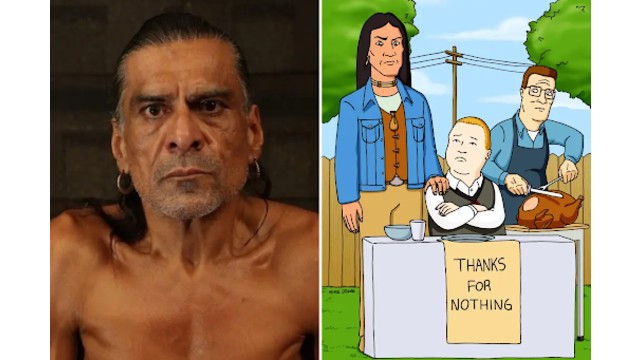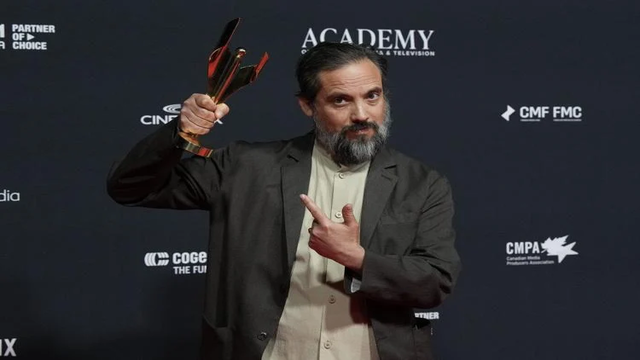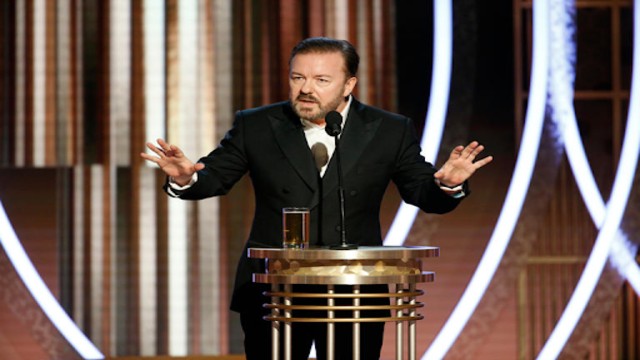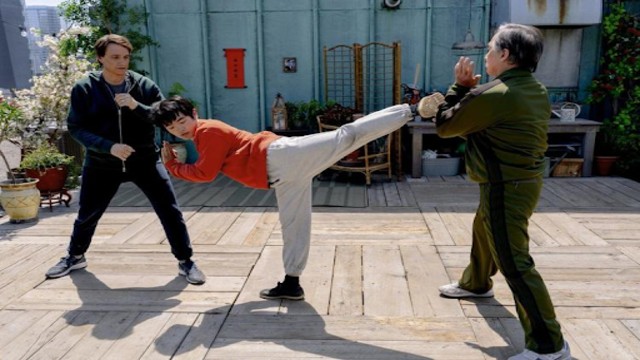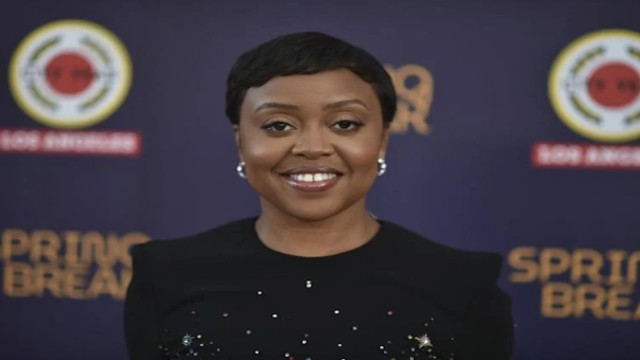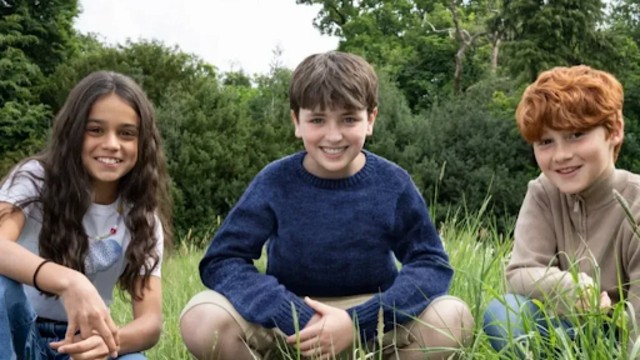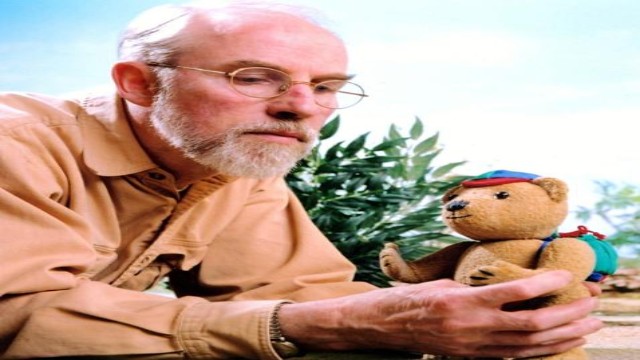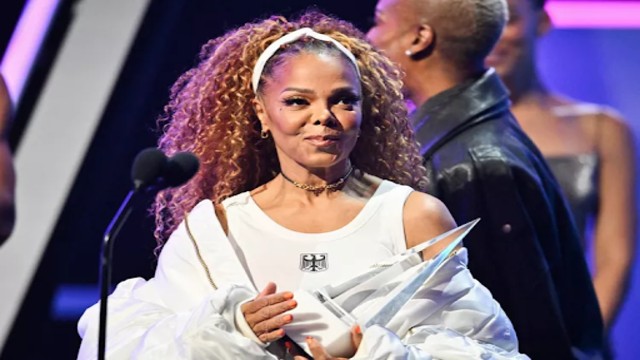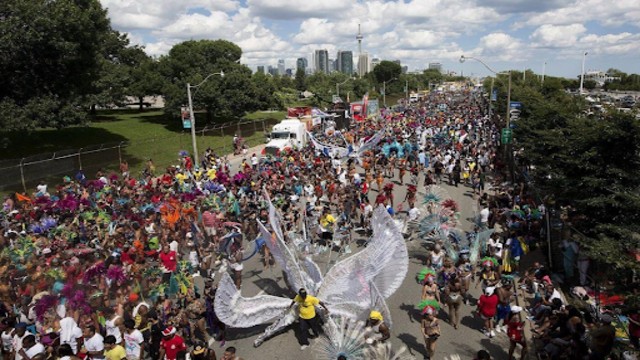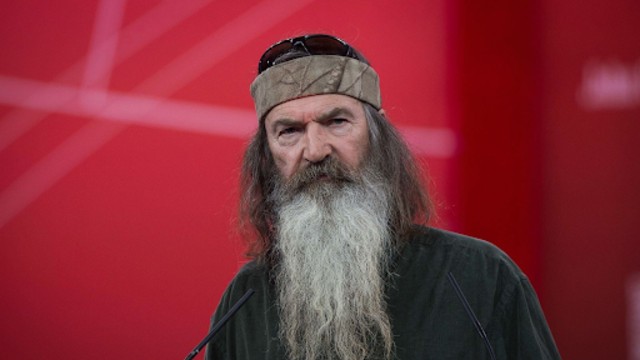
Image released by Netflix shows Angelina Jolie as Maria Callas in a scene from ‘Maria’. (Pablo Larrain/Netflix via AP)
Angelina Jolie Finds a New Depth in ‘Maria’ Role
Angelina Jolie never expected to capture every note perfectly. But stepping into the shoes of iconic soprano Maria Callas revealed parts of herself that she hadn’t realized were there.
In a recent interview, Jolie reflected on the transformative experience of playing Callas. “We often don’t realize how much we hold in our bodies from life’s experiences,” she explained. “I had to open up and breathe in ways I hadn’t before. It was a revelation to discover how much I wasn’t allowing myself to feel.”
Jolie stars in Maria, directed by Pablo Larraín, which was released in theaters on Wednesday and will be available for streaming on Netflix starting December 11. For Jolie, this marks a striking return to acting after years of focusing on directing and raising her six children. Since her 2010 directorial debut, In the Land of Blood and Honey, Jolie had scaled back her film career, prioritizing family and choosing roles that were financially sensible and brief.
“My choices the last few years were focused on what made sense, financially and timewise,” she admitted. “I worked very little over the past eight years. I was drained. I couldn’t do much then.”
Now, with her youngest child reaching 16, Jolie finds herself back in the spotlight. Her powerful portrayal of Callas has earned her significant praise, and many expect this performance to bring her a third Academy Award nomination—her second for acting after winning the supporting actress Oscar in 2000 for Girl, Interrupted. Despite a career filled with notable roles, Maria could very well become her defining moment.
Jolie's children, Maddox and Pax, were involved in the film's production. They saw their mother in a raw, emotional light that they hadn't witnessed before. “They’ve seen me sad, but never like this,” she said, speaking about the intense emotions her role as Callas brought out in her. “They were with me through this journey of confronting some of the deeper pain I carry.”
Though Jolie didn't delve into the specifics of that pain, her ongoing divorce from Brad Pitt, with whom she shares six children, looms as a possible source. Just before her interview, a judge ruled in favor of Pitt’s remaining legal claim against Jolie regarding their shared winery, Château Miraval, and ordered him to disclose documents that Jolie’s legal team claims contain "communications concerning abuse"—a charge Pitt has denied.
Amid personal challenges and the political upheaval following the recent U.S. election, Jolie, a former special envoy for the United Nations Refugee Agency, remained focused on her work. When asked about the political climate, she emphasized the importance of listening to voices globally. “I’m focused on listening to people’s stories,” she said. “That’s what I care about now.”
Jolie’s connection to Callas is clear—both women have endured intense public scrutiny while navigating personal struggles. Maria portrays Callas in her final days, living in self-imposed isolation in her Paris apartment, having lost her voice and grappling with the public myth she created. It’s a powerful portrayal of reinvention, as she attempts to reclaim her identity and her voice.
Larraín, known for his previous works Jackie and Spencer, was drawn to Jolie for the role of Callas due to her ability to embody the kind of enigmatic diva Callas was at the end of her life. "I saw in her the magnetism needed to play someone who is trying to regain control of her life after a lifetime of intense experiences," Larraín said. “There’s a deep, shared loneliness between them,” Jolie added, “and while that can be hard, it’s also a part of who they are.”
Larraín, a lifelong opera lover, approached the film with the goal of capturing the powerful yet fragile essence of Callas’ voice. The director was particularly fascinated by the dichotomy of strength and vulnerability in Callas' music—something he feels Jolie captured perfectly. The film features a blend of archival recordings of Callas and Jolie’s own voice, with the actress admitting that singing opera is no easy feat.
“I never sang before—never even karaoke,” Jolie laughed. “But I’ve come to appreciate the depth of opera, especially as you get older. The pain in opera resonates with a certain depth of loss.”
As for what comes next for Jolie, she’s uncertain. “There’s no clear path ahead,” she said. While she’s unsure about pursuing more acting roles, Maria has clearly left a lasting impact on her. “When you play a real person, they start to feel like a friend,” Jolie said. “Even now, it’s still so personal. I’ll hear her music, and I’ll feel this intense memory of what it was like to embody her pain.”
Jolie’s portrayal of Maria Callas isn’t just a return to acting—it’s a discovery of parts of herself that she had yet to fully explore.


